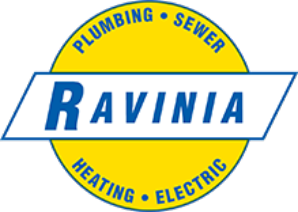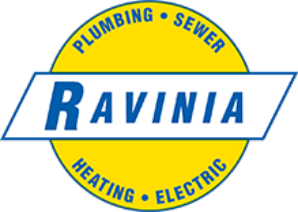
When purchasing new electrical appliances and gadgets, most people don’t give a second thought to piggybacking several of these devices off of a single plug or power point. However, doing this will pose a serious risk to your family’s safety. Below are just a few reasons why no electrical socket should ever be overloaded in any way.
It Will Pose a Serious Fire Risk
The main reason why electrical sockets should never be overloaded is because it can cause a fire to break out. This is especially true where older properties are concerned because their wiring and circuitry were not designed to handle extreme loads of electricity being passed through them – especially with most households now using 50% more electrical items than they did 30 years ago.
While it can be tempting to simply add more power strips or adaptors to accommodate all of your electrical appliances at once, it is recommended that no more than two items be plugged into any single circuit at a time. However, in cases where high consumption appliances such as space heaters, kettles, toasters or ovens are plugged in, no other appliances should be plugged into the same circuits as these devices.
Appliances and Infrastructure Can Get Badly Damaged
Another reason electrical outlets should not be overloaded is that it can cause severe damage to appliances. This happens because the overload will result in the power supply to appliances becoming unstable.
Other forms of damage that will occur as a result of electrical outlets being overloaded include wiring damage and damage to fuse boxes and/or circuit breakers. In more extreme cases, plug tops have been known to melt fast into outlets as well.
Potential Symptoms of Electrical Socket Overload
If you have been experiencing the following scenarios in your home, chances are that you may be overloading its electrical system:
- Circuit breakers that trip regularly – especially if it is the same circuit breaker that always trips
- Fuses blow for no apparent reason
- Lights flicker or dim momentarily – and regularly
- Wall plates or power cords get warm to the touch or are discolored
- You hear buzzing, crackling or even sizzling sounds emanating from any of the outlets around your home
Preventing Socket Overload
One of the best ways to prevent power socket overload is to switch off and unplug all gadgets and appliances that are not in use. Not only will this prevent an overload on your electrical system, it will also help reduce your energy bills.
Any power cords that are frayed or that show visible signs of damage should be replaced immediately – this includes the cords on appliances themselves as well as extension leads. Current safety standards stipulate that all electrical repairs and installations be performed by a qualified electrician. Any appliances that consume large amounts of power should always be plugged directly into a socket, as these will place additional load on circuitry if they are operating off of extension cords.




